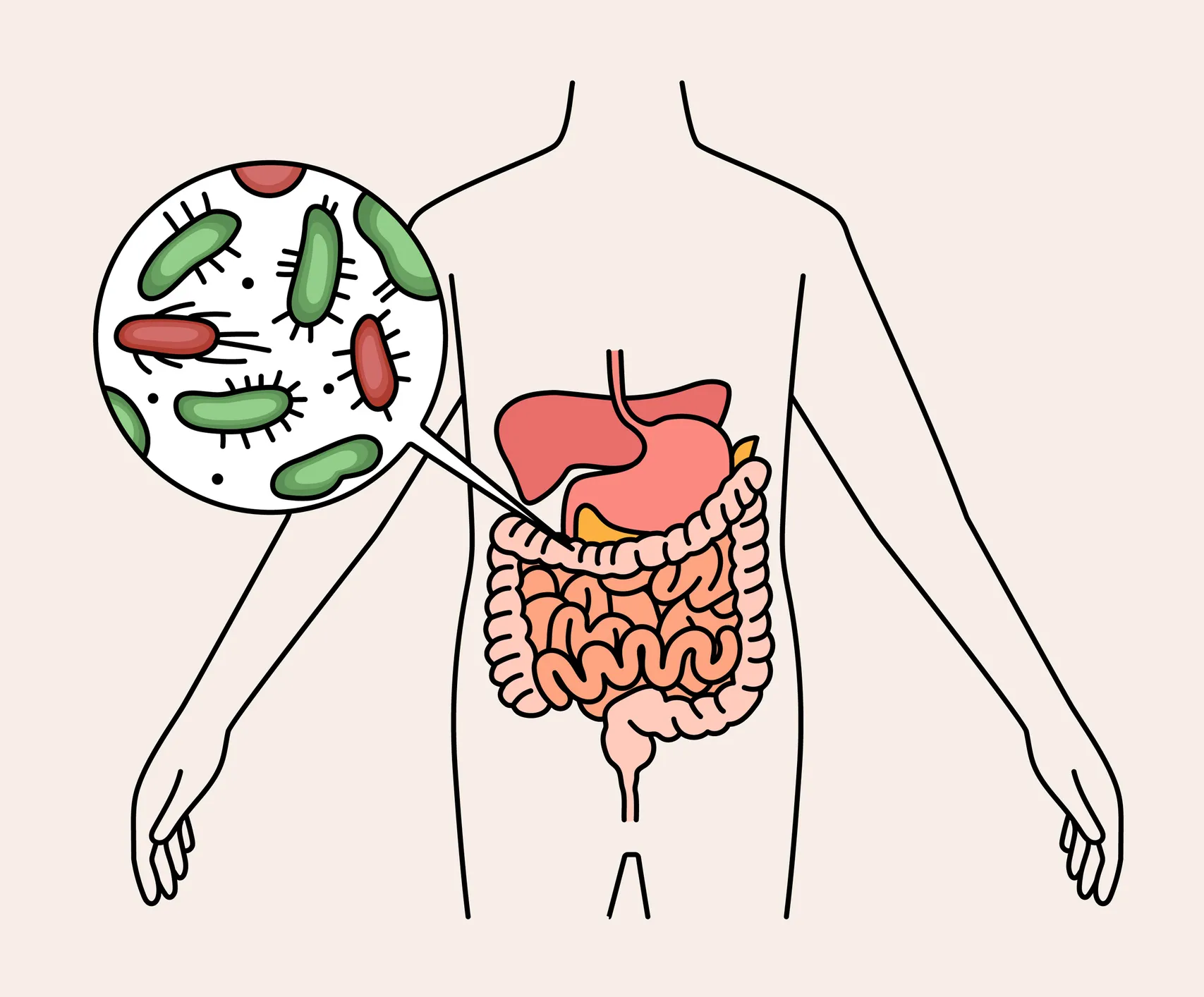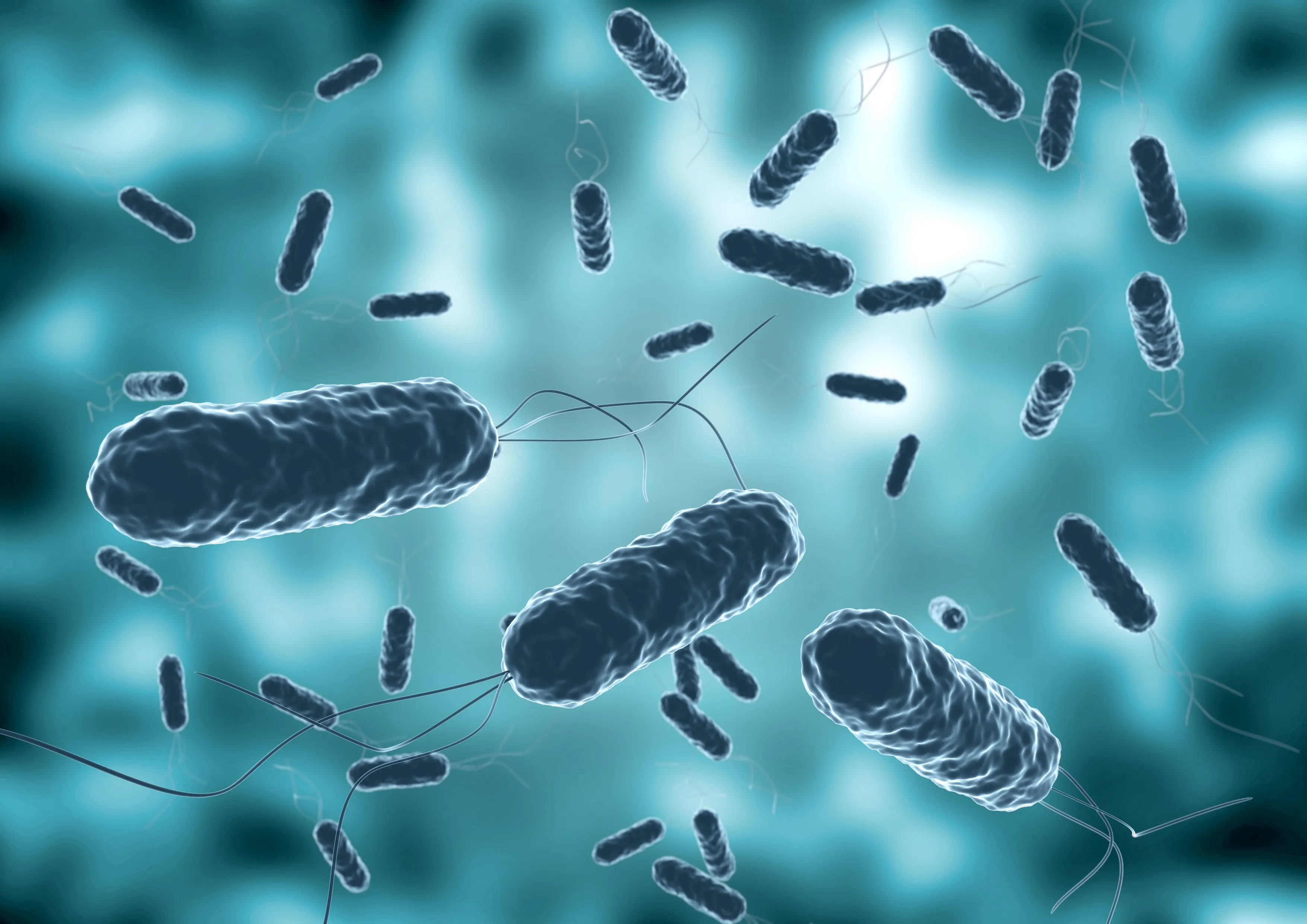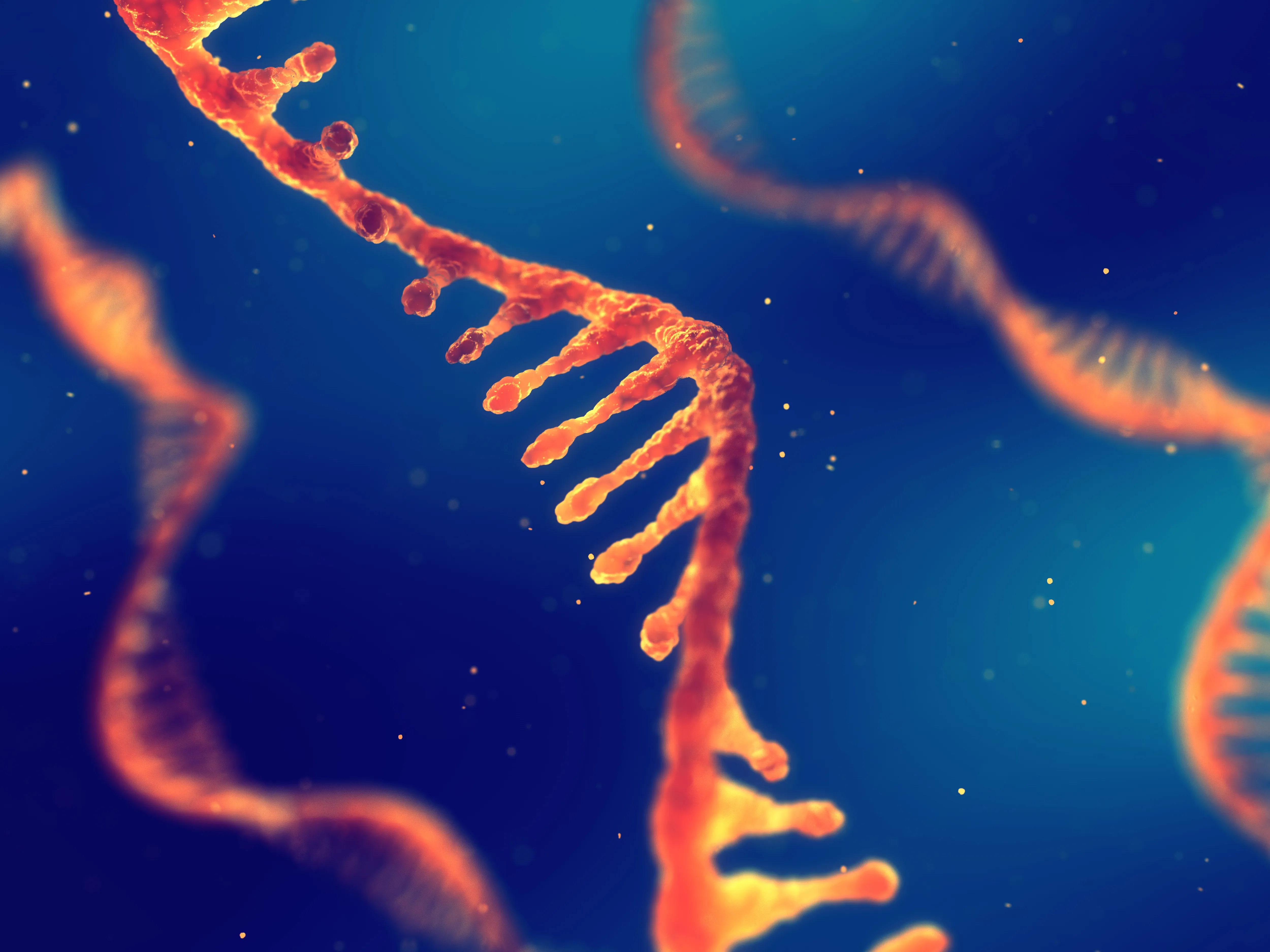Research
CBCB brings together researchers from many disciplines, including computer science, molecular biology, genomics, genetics, mathematics, statistics, and health computing, all of whom aspire to gain a better understanding of how life works.
We maintain robust partnerships with physicians and clinicians at the University of Maryland, Baltimore through formalized agreements like MPowering the State and the University of Maryland Institute for Health Computing.
Other research activity benefits from our close proximity to the multiple federal laboratories and agencies that dot the region, including the National Institutes of Health, the U.S. Food and Drug Administration, the National Institute of Standards and Technology, and more.

Machine Learning for Computational Medicine
Our experts use machine learning, data mining, biomedical data science, and other methods to address a broad range of biomedical problems, including Alzheimer’s disease, Parkinson’s disease, mobility issues, and more.

Parasitism and Host Pathogen Interaction
Using approaches that include the development and application of molecular, computational and phylogenetic tools, we are studying of the biology of parasitism and host-pathogen interactions using genomic approaches and other methods.

Gut Health and Nutrition
We’re exploring how research and scholarship in the microbiome sciences can result in an integrated, unifying approach to balance and optimize the health of people, animals, and the environment. This includes the use of innovative tools to measure microbial functions and improving health outcomes through microbiome modulation.

Accurate and Computationally Efficient Phylogenetic Inference
Through laboratory experiments, field sampling, and advanced molecular methods, our experts are exploring arthropod evolution in response to human-mediated environmental change and are enhancing the processing of high-throughput genome sequencing data through evolutionary modeling.

Remote Sensing to Track Disease Outbreaks
Our experts pioneered the use of bioinformatics combined with satellite imaging and other remote sensing devices to predict and monitor waterborne diseases like cholera.

Algorithms and Data Structures for Analyzing Genomic Data
We’re active in the development of computational algorithms for analyzing biological data generated through high-throughput experimental techniques, such as sequencing technologies. Our experts are also active in the design of algorithms and data structures for processing, organizing, indexing and querying high-throughput genomics data.
